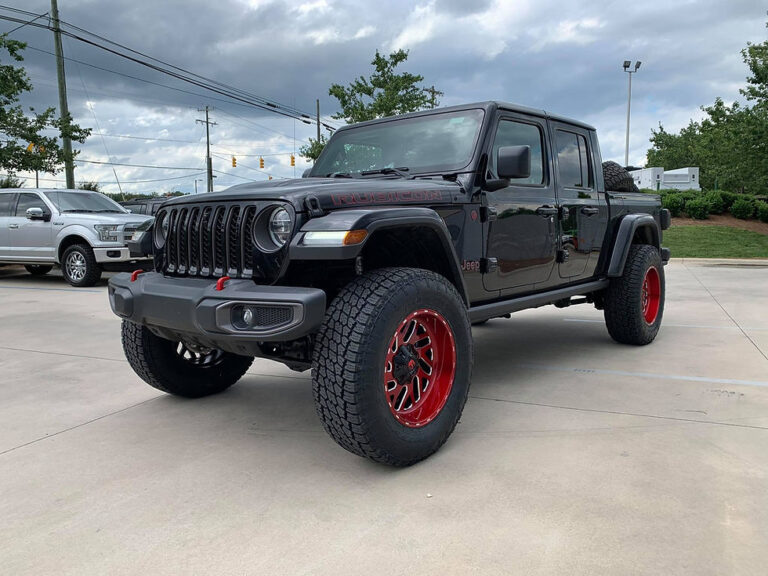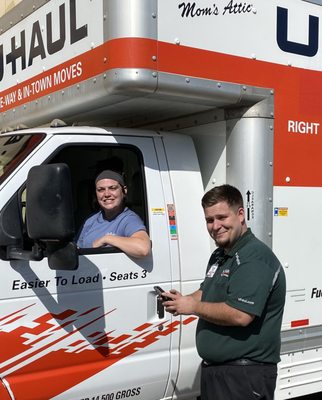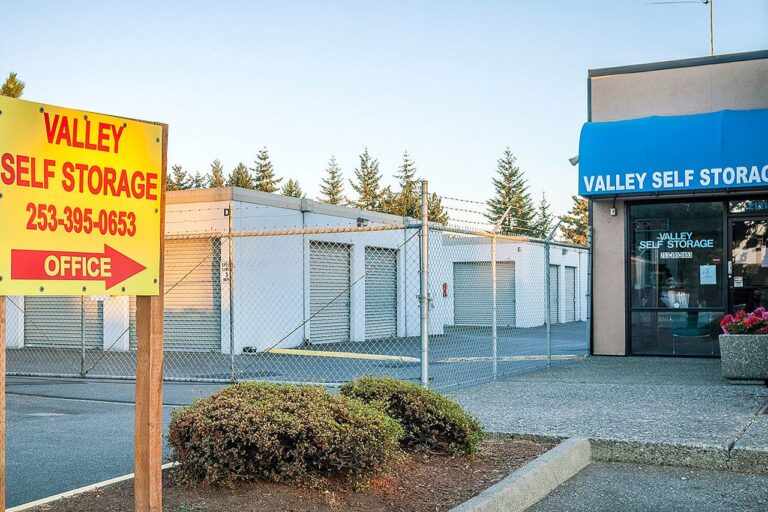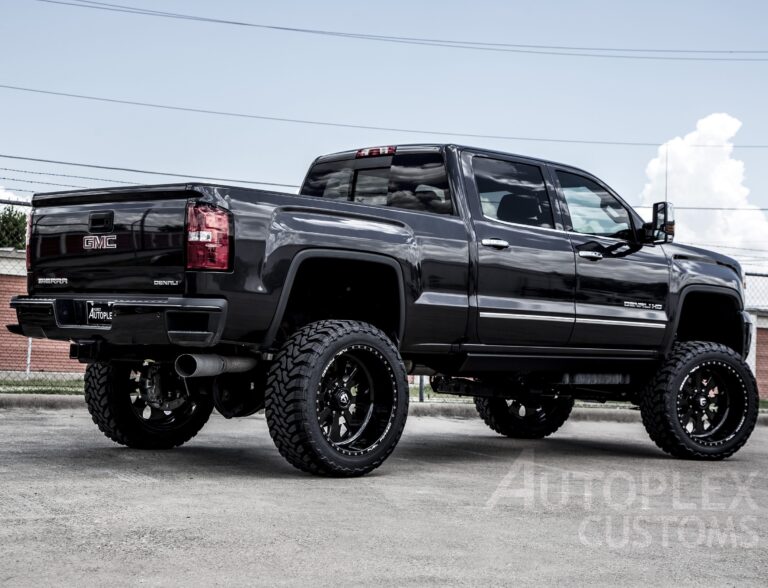U-Haul Truck for Sale: Your Ultimate Guide to Buying a Used Moving Truck
U-Haul Truck for Sale: Your Ultimate Guide to Buying a Used Moving Truck
In the world of commercial vehicles, the sight of an orange and white U-Haul truck is ubiquitous, symbolizing movement, transition, and new beginnings. But what happens to these workhorses after they’ve served their time in the rental fleet? They become available for purchase, offering a unique opportunity for individuals and businesses alike. A U-Haul truck for sale represents a compelling proposition: a sturdy, often well-maintained, and incredibly versatile vehicle at a fraction of the cost of a new commercial truck. This comprehensive guide will navigate you through everything you need to know about acquiring a used U-Haul, from understanding its benefits to making an informed purchase.
Why Buy a Used U-Haul Truck? Unpacking the Benefits
The decision to buy a used U-Haul truck isn’t just about saving money; it’s about acquiring a reliable asset with a proven track record. Here are the primary advantages:
- Cost-Effectiveness: This is arguably the biggest draw. Used U-Haul trucks are significantly more affordable than comparable new commercial vehicles or even many other used options. They’ve already depreciated substantially, offering excellent value for their utility.
- Reliability & Maintenance: While rental trucks endure heavy use, U-Haul operates a vast fleet and has a vested interest in keeping its vehicles operational. This means a structured maintenance program, often including regular oil changes, tire rotations, and necessary repairs. While individual truck conditions vary, this general standard of care is a notable benefit.
- Versatility: From a simple large storage unit on wheels to a foundation for a mobile business, the uses for a used U-Haul are extensive. They are perfect for small businesses needing a delivery vehicle, individuals moving frequently, or even creative projects like food truck conversions or DIY RVs.
- Widespread Availability: U-Haul has locations across North America, and their truck sales are managed centrally through their dedicated sales channels and local centers, making it relatively easy to find a U-Haul truck for sale near you.
- Variety of Sizes and Types: U-Haul offers a diverse fleet, meaning you can find everything from pickup trucks and cargo vans to various sizes of box trucks, ensuring there’s a vehicle to match almost any need.
Types of U-Haul Trucks for Sale: Finding Your Perfect Match
U-Haul’s fleet is diverse, and understanding the different types of trucks available will help you pinpoint the best option for your specific requirements.
- Pickup Trucks (Ford F-150/F-250): These are light-duty trucks often used for smaller hauls, towing U-Haul trailers, or general personal use. They offer open-bed versatility and are suitable for those needing a robust pickup without the new truck price tag.
- Cargo Vans (Ford E-Series/Transit, GMC Savana): Enclosed and secure, cargo vans are ideal for smaller moves, deliveries, or setting up a mobile service business. They offer protection from the elements and a relatively comfortable driving experience.
- Box Trucks: These are the iconic orange and white moving trucks, ranging in size to accommodate various loads. They are built on robust chassis from manufacturers like Ford, GMC, and Chevrolet.
- 10-Foot Box Trucks: The smallest box truck, perfect for dorm rooms, studio apartments, or small deliveries. Easy to maneuver.
- 15-Foot Box Trucks: A popular choice for 1-2 bedroom apartments or small homes. Offers a good balance of capacity and drivability.
- 17-Foot Box Trucks: Suited for 2-3 bedroom homes, offering ample space without being excessively large.
- 20-Foot Box Trucks: Designed for 3-4 bedroom homes, these trucks provide substantial cargo capacity.
- 26-Foot Box Trucks: The largest option, ideal for 4+ bedroom homes or large commercial loads. These require more skill to drive but offer maximum space.
Most U-Haul box trucks come equipped with features like low loading decks, sturdy ramps for easy loading and unloading, and interior tie-downs to secure cargo.
The Buying Process: How to Purchase a U-Haul Truck
Acquiring a used U-Haul truck is a straightforward process, but it requires diligence.
Where to Look
- U-Haul’s Official Truck Sales Website (UhaulTruckSales.com): This is the primary and most reliable source. The website lists available trucks by location, type, and price, often including photos, mileage, and basic specifications.
- Local U-Haul Moving & Storage Centers: Many U-Haul centers also have trucks for sale directly on their lots. You can often inquire with staff about upcoming sales or available inventory.
- Online Marketplaces (with caution): While you might find U-Haul trucks on sites like Craigslist, Facebook Marketplace, or eBay, these are typically private sellers who purchased from U-Haul. Exercise extra caution, verify ownership, and insist on all the same inspection steps.
Researching Specific Trucks
Once you’ve identified a potential U-Haul truck for sale, dive into the details:
- Vehicle Identification Number (VIN): Get the VIN and run a vehicle history report (e.g., Carfax, AutoCheck). While U-Haul’s official sales often provide some history, an independent report can offer additional insights into accidents or past issues.
- Mileage and Age: Expect high mileage. U-Haul trucks are driven constantly. However, focus on how the mileage correlates with the truck’s overall condition and price.
- Maintenance Records: U-Haul generally maintains detailed records. Ask for as much of this history as they can provide. This will give you insight into major repairs or consistent issues.
- Location for Inspection: Plan to inspect the truck in person. Photos can be deceiving.
Inspection Checklist (Crucial Step!)
A thorough in-person inspection is non-negotiable. If you’re not mechanically inclined, bring a trusted mechanic.
- Exterior: Check for rust, especially on the frame, wheel wells, and underneath the bed/box. Look for significant dents, scratches, or signs of accident repair. Inspect tires for wear, dry rot, and proper inflation.
- Engine & Transmission: Listen for unusual noises during startup and operation. Check fluid levels and for leaks. Look for smoke from the exhaust. During a test drive, pay attention to smooth shifting (automatic) or clutch engagement (manual, less common).
- Brakes: Test the brakes for responsiveness, unusual noises, or pulling to one side.
- Interior: Check seats for tears, dashboard for cracks, and all gauges for functionality. Test the horn, wipers, lights (headlights, tail lights, turn signals), and especially the air conditioning/heating system.
- Cargo Area: Inspect the box interior for damage, holes, or excessive wear. Test the functionality of the loading ramp and ensure all tie-downs are present and secure.
- Test Drive: Drive the truck at various speeds on different road types. Pay attention to steering, suspension, and any unusual vibrations or noises.
Negotiation and Paperwork
- Negotiation: Prices for U-Haul trucks are often somewhat firm on the official sales site, but there might be some wiggle room, especially if you find minor issues during inspection. Be prepared to walk away if the price isn’t right for the condition.
- Paperwork: Ensure you receive a clear title, a bill of sale, and any available maintenance records. Understand your local requirements for sales tax, registration, and obtaining new license plates.
Important Considerations Before You Buy
While a U-Haul truck for sale offers great value, it’s essential to be aware of certain aspects:
- High Mileage and Wear: These trucks have lived a hard life as rental vehicles. Expect high mileage and visible wear and tear. This is normal but means individual components may be closer to the end of their lifespan.
- As-Is Sales: Most used U-Haul trucks are sold "as-is," meaning there’s no warranty from U-Haul. Any issues that arise after purchase are your responsibility. This underscores the importance of a pre-purchase inspection.
- Potential for Immediate Repairs: Even after a thorough inspection, you might encounter unexpected issues soon after purchase. Factor in a budget for potential immediate repairs or upgrades.
- Fuel Economy: Commercial trucks are not known for their fuel efficiency. Be prepared for higher fuel costs, especially with larger box trucks.
- Insurance: Obtain insurance quotes before buying. Commercial vehicle insurance can be more expensive than standard personal auto insurance, depending on your intended use.
- Driver’s License Requirements: For most U-Haul trucks (under 26,000 lbs Gross Vehicle Weight Rating), a standard Class D driver’s license is sufficient in the U.S. However, always verify local regulations.
Beyond Moving: Creative Uses for a Used U-Haul Truck
The versatility of a used U-Haul extends far beyond its original purpose. Here are some inspiring ideas:
- Mobile Workshop/Tool Truck: Transform the cargo area into a customized workspace for contractors, mechanics, or artisans.
- Food Truck/Mobile Kitchen: A popular conversion, especially for box trucks. Requires significant customization and adherence to health codes.
- RV/Camper Conversion: Many DIY enthusiasts convert box trucks into minimalist RVs or "skoolies" (though U-Hauls are not school buses, the concept is similar).
- Delivery Service Vehicle: Ideal for small businesses needing to transport goods, whether it’s furniture, appliances, or packages.
- Mobile Marketing/Event Vehicle: Customize the exterior and interior to serve as a mobile billboard, pop-up shop, or event booth.
- Farm Utility Vehicle: For rural properties, a box truck can be invaluable for hauling feed, equipment, or produce.
- Storage on Wheels: For those needing flexible storage, a U-Haul truck can serve as a secure, movable storage unit.
U-Haul Truck for Sale: Estimated Price Table
Prices for used U-Haul trucks vary significantly based on the truck’s type, size, year, mileage, condition, and location. The following table provides estimated price ranges for general guidance. Always check current listings for accurate pricing.
| Truck Type/Size | Estimated Price Range (USD) | Key Features/Notes |
|---|---|---|
| Pickup Truck | $3,000 – $8,000 | Ford F-150/F-250. Open bed, good for towing. |
| Cargo Van | $4,000 – $10,000 | Ford E-Series/Transit, GMC Savana. Enclosed, secure. |
| 10-Foot Box Truck | $5,000 – $12,000 | Smallest box truck. Easy to drive. |
| 15-Foot Box Truck | $6,000 – $15,000 | Popular size, good balance of capacity and maneuverability. |
| 17-Foot Box Truck | $7,000 – $17,000 | Mid-range box truck, suitable for larger moves. |
| 20-Foot Box Truck | $8,000 – $20,000 | Substantial capacity, often with ramp. |
| 26-Foot Box Truck | $10,000 – $25,000+ | Largest option, maximum cargo space, requires more skill. |
Note: These are general estimates. Prices can be lower for trucks in poor condition or higher for exceptionally well-maintained or newer models. Always verify current pricing on U-Haul’s official sales channels.
Frequently Asked Questions (FAQ) about U-Haul Trucks for Sale
Q1: Are U-Haul trucks reliable even with high mileage?
A1: While they have high mileage from rental use, U-Haul has a maintenance program to keep them running. Reliability depends heavily on the individual truck’s history and how well it was maintained. A pre-purchase inspection is highly recommended.
Q2: How old are U-Haul trucks when they are sold?
A2: U-Haul typically cycles out trucks after several years of service, usually when they reach a certain mileage threshold or age. You can expect trucks to be anywhere from 5 to 15 years old, sometimes even older for specialized vehicles.
Q3: Can I negotiate the price of a U-Haul truck for sale?
A3: Prices on U-Haul’s official sales website are often somewhat firm. However, if you find issues during inspection or if a truck has been listed for a long time, there might be some room for negotiation. Private sellers might be more open to negotiation.
Q4: Do U-Haul trucks come with a warranty?
A4: Generally, no. Used U-Haul trucks are almost always sold "as-is," without any warranty. This is why a thorough inspection before purchase is critical.
Q5: What kind of fuel do U-Haul trucks use?
A5: Most U-Haul box trucks and vans run on unleaded gasoline. Some older or larger models might use diesel, but gasoline is more common for their standard moving fleet. Always confirm the fuel type for the specific truck you’re interested in.
Q6: Are parts easy to find for U-Haul trucks?
A6: Yes, because U-Haul primarily uses chassis from major manufacturers like Ford, GMC, and Chevrolet, parts for the engine, transmission, and common components are generally readily available from auto parts stores or dealerships.
Q7: Do I need a special license to drive one?
A7: For most U-Haul trucks (up to the 26-foot box truck), a standard Class D (or equivalent) driver’s license is sufficient in the United States, as their Gross Vehicle Weight Rating (GVWR) typically falls below the 26,001 lbs threshold for a Commercial Driver’s License (CDL). Always check your local Department of Motor Vehicles (DMV) regulations to be certain.
Conclusion
A U-Haul truck for sale represents a fantastic opportunity for those in need of a reliable, high-capacity vehicle without the hefty price tag of a new commercial model. Whether you’re a small business owner, an avid DIYer, or someone with a creative vision for a mobile venture, the versatility and value offered by a used U-Haul are undeniable. By understanding the different types available, diligently following the buying process, and being aware of key considerations, you can make an informed decision and drive away with a workhorse that serves your needs for years to come. Remember, thorough research and a hands-on inspection are your best tools for a successful purchase.




